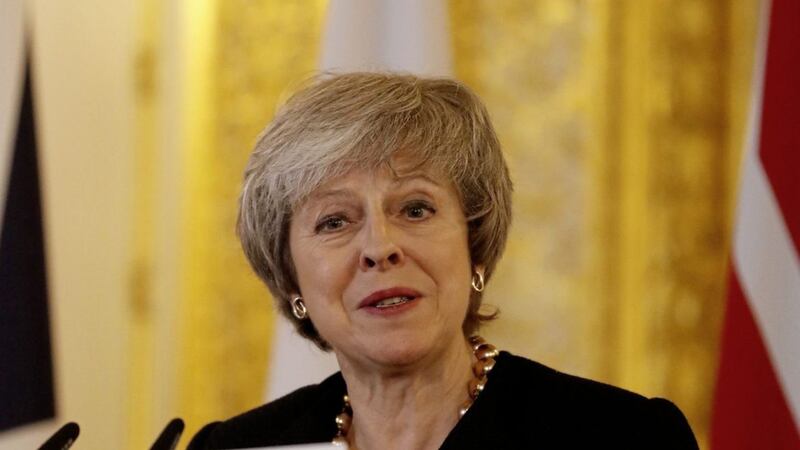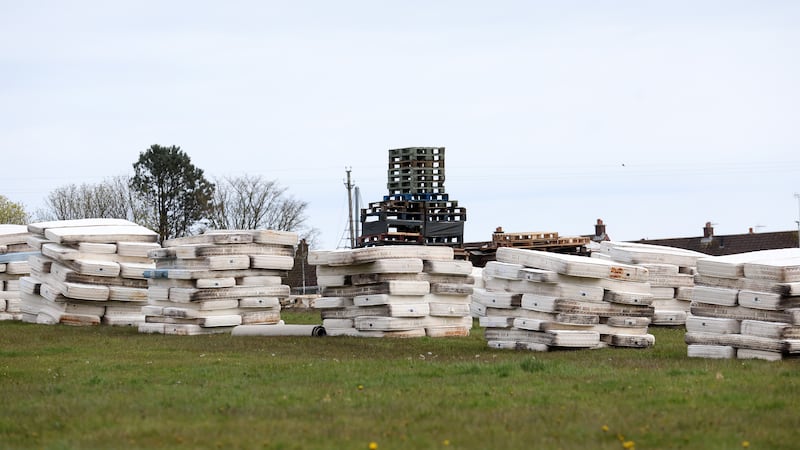FOLLOWING a month-long postponement MPs will tomorrow deliver their verdict on the EU-UK withdrawal agreement. The widespread expectation is that despite last minute interventions and reassurances from various quarters, Theresa May will lose the meaningful vote. That, however, is where any agreement ends.
While civil society in the north and a majority of Stormont's MLAs appear to support the deal, regarding it as the least worst option, their voices are muted by a corresponding lack of representation at Westminster. No matter how many times it's stressed that the DUP is unrepresentative of majority opinion in Northern Ireland, the party will ensure that 10 of the 11 votes cast by the region's MPs will seek to scupper the withdrawal agreement and increase the likelihood of a no deal – and a hard border.
The nationalist parties' traditional Labour allies in Britain are all over the place. To the dismay of many of his Remain-supporting MPs, Labour leader Jeremy Corbyn continues to put in a lacklustre, bewildering performance that appears to place his own short-term interests ahead of Britain's future.
If the deal falls tomorrow, Mr Corbyn has signalled that he plans to table a vote of no confidence in the government. But even this exercise appears pointless, given that he's highly unlikely to gain the required support in Westminster to topple the Tories.
Mrs May's position appears less secure than her party's but until we know the scale of tomorrow's anticipated defeat it is impossible to say whether her leadership is salvageable or not.
Yet without some major shift in the dynamics of the situation, the lack of consensus will continue to dog the Brexit process no matter who's in charge. There are a number of alternative plans, including postponing B-day on March 29, having a second referendum, and blindly driving into a no-deal – but none commands adequate support.
Not since the days of peak Thatcherism in the early-to-mid 1980s has Britain been so politically divided and potentially combustible. There is concern that if MPs take greater control of the process, ultimately thwarting the clean break with Brussels that the hard Brexiteers desire, then an angry backlash will follow. However, faced with dire economic consequences and increased international isolation, Westminster has a responsibility to face down those who are eager to drive off a cliff, with Northern Ireland strapped in the passenger's seat.
There is no doubt these are interesting times in which we live but a volatile mix of uncertainty, expediency and acrimony also makes them slightly scary.








